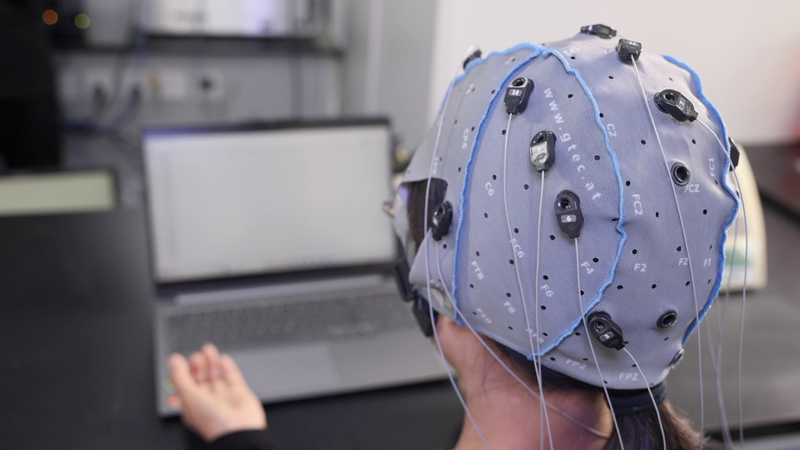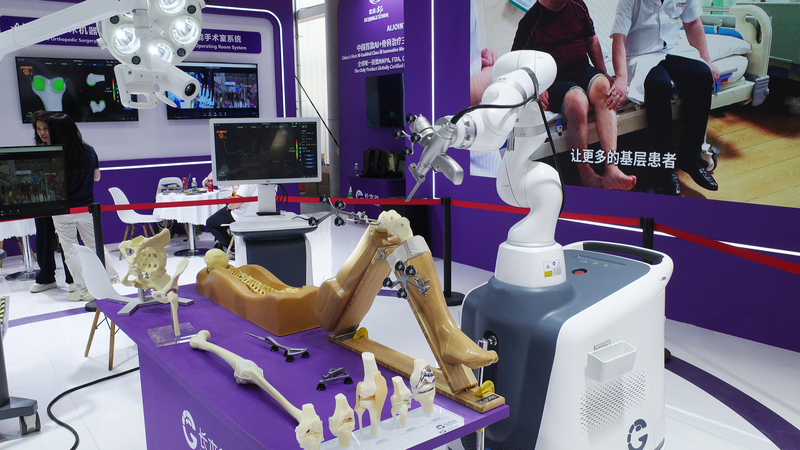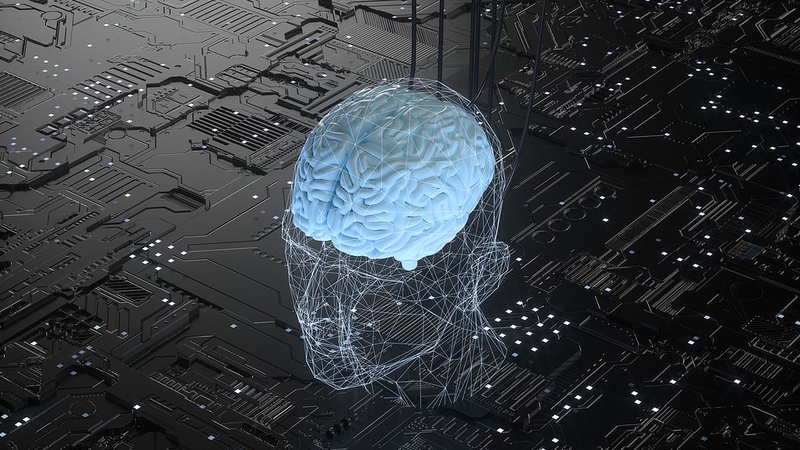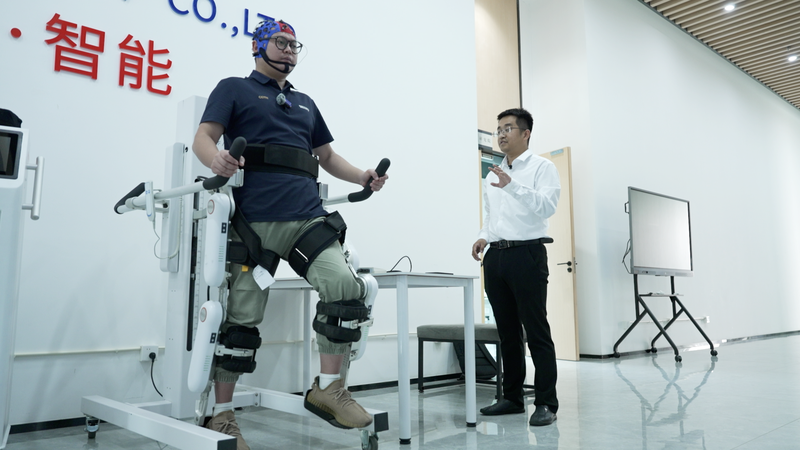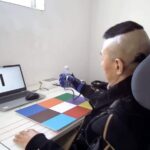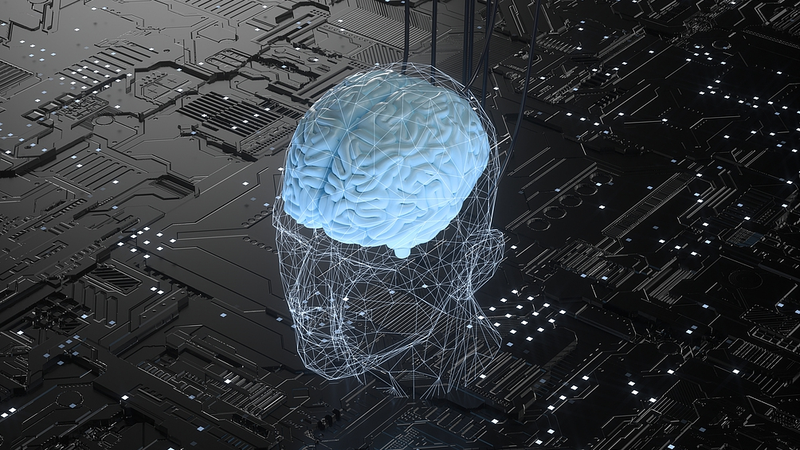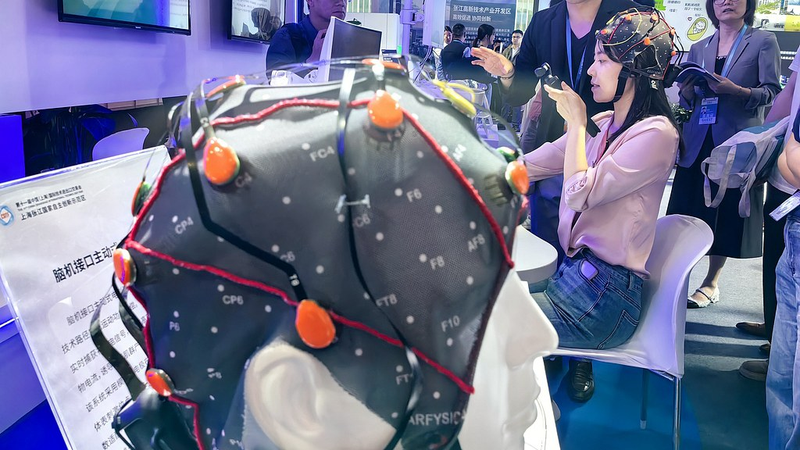In a pioneering medical advancement, Tongji Hospital in Wuhan has launched clinical trials for a revolutionary brain-computer interface (BCI) device that could transform neurological rehabilitation. The lightweight 'BCI Cap' uses non-invasive sensors to decode brain signals, offering safer treatment options compared to surgically implanted alternatives.
Developed by researchers at Huazhong University of Science and Technology, the cap completed its first phase of signal collection with 40 volunteers. 'This technology acts as a bridge between neural activity and digital systems,' explained a lead researcher. 'Our next phase will test its ability to assist stroke survivors in regaining motor functions through brain-controlled exercises.'
The project aligns with growing global interest in neurotechnology, particularly in Asia where governments have invested $3 billion in BCI research since 2020. Medical professionals highlight its potential to address China's aging population needs, with stroke affecting 2.5 million new patients annually.
While commercial availability remains years away, the trials mark significant progress in making brain-controlled therapy accessible. International observers note the development could position China as a key player in the projected $3.7 billion global BCI market by 2030.
Reference(s):
cgtn.com
